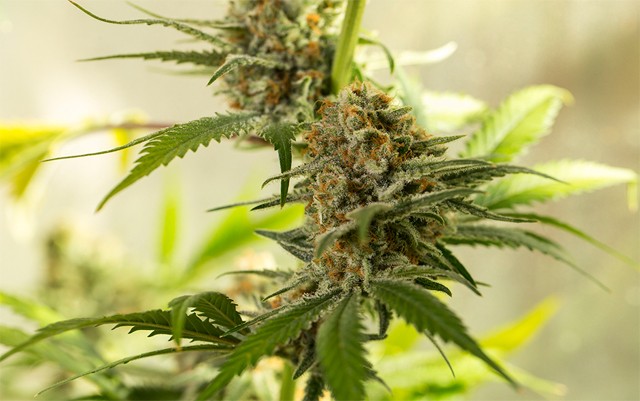One of the things that keeps many people uneasy with marijuana legalization is the growing potency of marijuana. It’s no secret that marijuana has become significantly stronger over the years, especially since medical marijuana use – and now recreational marijuana use – has been legalized in multiple states.
Well, it appears that the last few successful years of legal marijuana sales and all the ups and downs throughout the process have left some so concerned they decided to address it. Right now there is both a ballot initiative and an amendment that are setting out to put a cap on the THC content of the marijuana sold to recreational users.
The ballot initiative was filed last week by Ali Pruitt and Ron Castanga – the initiative sets out to put several restrictions on marijuana sales that could be detrimental to recreational sales. It would limit THC potency to 16% and require that everything is sold in child-resistant, opaque, and resealable packages and require that edibles are only sold in single serving amounts.
If passed the initiative would also require all retail marijuana to contain a label that would specify the potency of the product as well as a warning label about “identified health risks”. These health risks, according to The Cannabist, include birth defects and reduced brain development, risks to the brain and behavioral development of babies, breathing difficulties, mood swings, impaired thinking, temporary paranoia, anxiety, depression and “permanent loss of abilities” and “potential for long-term addiction”.
Considering there is no solid evidence to attest to any of these potential dangers, I think this warning label would be a bit extreme. While I don’t agree with either the initiative or the amendment – which we’re getting to – at least the warning required by the amendment is clear that potential long-term side effects are unknown as it would read: “Warning: The health impacts of marijuana with a THC potency of above 10 percent are unknown.”
The potential amendment would be a bill to reauthorize rules that are set to expire – which would extend the state’s marijuana laws until the year 2019. Along with the warning label it would put a THC cap of 15% on all retail marijuana sold in the state as well as requiring that potency of products would have to be within 5% up or down throughout the industry to create more consistency.
“I don’t think a lot of thought was put into the proposals,” said iComply CEO Slaugh, also the executive director of the Cannabis Business Alliance. “This bill threatens to wipe out most infused product manufacturers, and its language is unclear as to what to do with edibles.”
Currently, the average THC content of marijuana sold on the retail market is at 17.1%. When it comes to concentrates and edibles, it can be as much as 60-80% THC. The cap on THC content could be potentially hazardous to the industry as it would force extracts to be diluted or excluded from retail sales – which would likely backfire on the state allowing the black market to pick back up selling high THC products.






